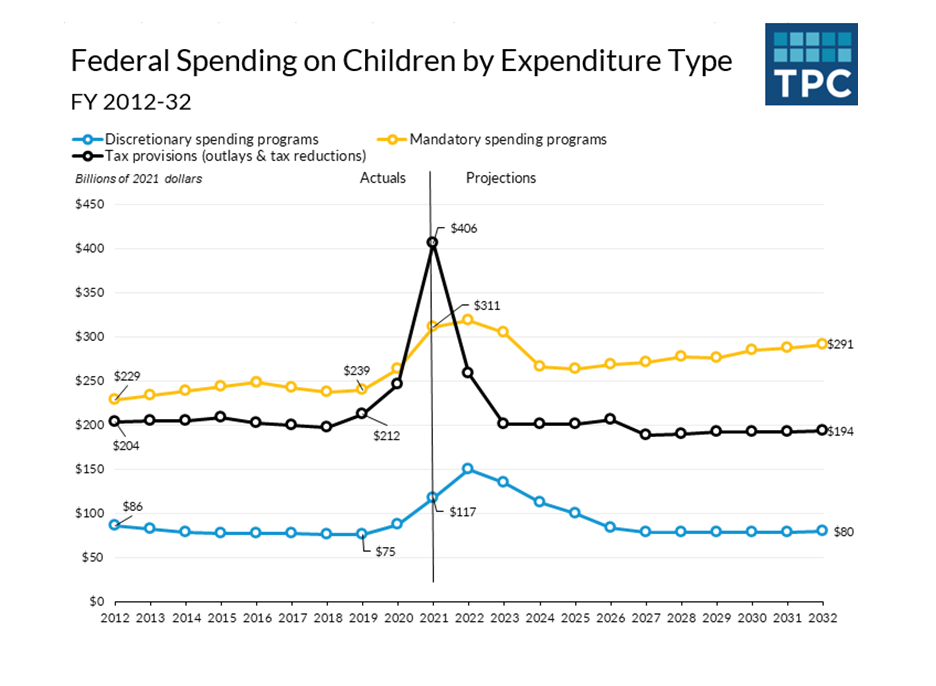How to navigate accounting assumptions
An in-depth look at economic entity, going concern, monetary unit, and periodicity.
Jump to:
Running an efficient and successful business isn’t easy. Therefore, when serving business clients, it is important that accounting professionals have the right framework to ensure that proper financial reporting procedures are in place to help with accounting assumptions.
Accounting assumptions, along with accounting principles and concepts, provide professionals with the necessary framework for preparing financial statements. The assumptions ultimately help lay the foundation for reliable, valuable, and consistent information and, without them, the dependability and accuracy of financial reports can be in jeopardy.
It should be noted that accounting assumptions are not based on subjective opinions or guesstimates. They are rooted in facts, data analysis, and research. And remaining aware of relevant assumptions when serving clients is critical.
To help accounting professionals navigate accounting assumptions, this article explores the basic accounting assumptions, how they relate to generally accepted accounting principles (GAAP), and more.
What are the main accounting assumptions?
There are four fundamental accounting assumptions that form the foundation of financial statement preparation. These are: economic entity, going concern, monetary unit, and periodicity. Let’s take a closer look at each one.
1. Economic entity
The economic entity assumption requires that business owners keep their personal transactions separate and do not mix them with the activities of the business. This can sometimes prove especially challenging for small and family-owned businesses.
Emily Hildebrand, CPA, Tax and Accounting Senior Specialist Editor for Thomson Reuters, further explained, “This assumption requires that books and records be maintained for each distinct economic entity and cannot be co-mingled with owner records, or the records of other entities. This is fundamental to financial reporting because in order to provide reliable, relevant financial reporting on an entity, one first has to be able to define the entity and identify the transactions and events specific to that entity.”
2. Going concern
The going concern assumption assumes that the entity will remain in business for the foreseeable future. If this is not the case (for instance, if bankruptcy seems imminent) then it is critical to immediately recognize deferred expenses.
Said Hildebrand, “The going concern assumption allows an entity to create financial statements under the accrual basis of accounting based on the assumption that 1) the company will continue to operate throughout the period for which a revenue or expense transaction has been accrued, and 2) throughout the period over which assets are depreciated.”
Hildebrand continued, “The going concern assumption is critical to financial statement preparation because, if a preparer had to assume liquidation at some point in the future, that would have a ripple effect on other accounting principles used in financial statement preparation as well. For instance, if GAAP required a preparer to assume the entity will be liquidated in the near future when preparing the balance sheet, then net realizable value would be a more sensible valuation method rather than historical cost to value assets on the balance sheet. The distinction between current and long-term assets and liabilities would also be less meaningful in financial statement preparation if liquidation was assumed in the near term. Consequently, a preparer must assume the entity will operate as a going concern indefinitely.”
3. Monetary unit
The monetary unit assumption requires the entity to measure and record transactions, assets, and liabilities in monetary units (i.e., dollars, euros, etc.) in its financial statements, and those monetary units must be assumed to be stable over time. This means inflation is not recognized in the financial statements under GAAP. However, an entity may provide disclosures about inflation as recommended in Topic 255, Changing Prices, when applicable.
“As an example, a fixed asset purchased for $50,000 in 2018 would be valued today at historical cost less accumulated depreciation in the balance sheet. An entity would not adjust the value of the asset for inflation,” Hildebrand said.
Although inflation is generally not recognized in the financial statements under GAAP, a special situation applies if the entity has a foreign subsidiary operating in an economy that is considered highly inflationary (defined as three consecutive years with a cumulative inflation rate in excess of 100%.) Under FASB ASC 830-10-45-11, an entity with a foreign subsidiary in a highly inflationary economy must remeasure the foreign subsidiary’s financial statements using the reporting currency of the parent.
4. Periodicity
The periodicity assumption, often referred to as the time period assumption, means that the entity has to report on its financial position, cash flows, and results of operations on a regular basis. To ensure comparability over time, the reporting must be provided consistently for the same time periods. Entities usually provide periodic reporting on at least a quarterly and annual basis.
Going concern assumption: A closer look
Much attention is often placed on the going concern assumption. And for good reason. If a company does not believe it can remain solvent for the next 12-month period or if it does not expect that it will be able to continue operations for the foreseeable future, then there are serious concerns about the company’s financial stability that must be taken into account by potential lenders and investors. Consequently, it is important to be aware that a company would need to provide additional information in its financial statements if it does not expect to be able to fulfil its obligations in the coming year.
To further explain, Hildebrand said, “For instance, if an entity believes that there is substantial doubt about its ability to continue to operate as a going concern in the year following the issuance or availability of its financial statements, then it must make the appropriate disclosures required under FASB ASC 205-40-50, Going Concern – Disclosure. Entities must evaluate their ability to operate as a going concern at each annual and interim reporting date.”
In the event that liquidation is imminent, the entity may be required to apply the liquidation basis of accounting under the guidance in FASB ASC 205-30, Presentation of Financial Statements—Liquidation Basis of Accounting.
How do common accounting assumptions relate to GAAP?
Accounting assumptions form the foundation upon which GAAP can be applied; therefore, the two are closely related. In other words, the assumptions are the basis for all accounting principles.
Established by the Financial Accounting Standards Board (FASB) and the Governmental Accounting Standards Board (GASB), GAAP is a set of standardized accounting rules, requirements, and practices to guide how financial statements are prepared and presented. Any entity (i.e., for-profit companies, non-profits, and government entities) that publicly releases financial statements is required to adhere to the GAAP principles and procedures.
According to Hildebrand, “Based on these assumptions, we can define the reporting entity and its related transactions and events, and we can measure and report on the financial position and performance of the entity over regular time intervals using a stable currency.”
Hildebrand added, “The accounting assumptions fit into the FASB’s Conceptual Framework and, together with accounting principles and constraints, form the recognition and measurement concepts that are used by standard-setters to develop accounting standards, and by practitioners to apply the accounting standards.”
Staying up to date with GAAP standards
Staying up to speed on GAAP standards and other accounting developments can be daunting, but with the right tools and resources in place it doesn’t have to be.
Turn to a solutions provider like Thomson Reuters to help ensure you stay on top of the latest industry developments. With the next generation of online research, Thomson Reuters Checkpoint Catalyst: US GAAP, your firm can get the insight and guidance it needs on common accounting assumptions, business combinations, consolidation, financial instruments, income taxes, leases, and revenue recognition. Check out the brochure detailing all the features of Checkpoint Catalyst.






